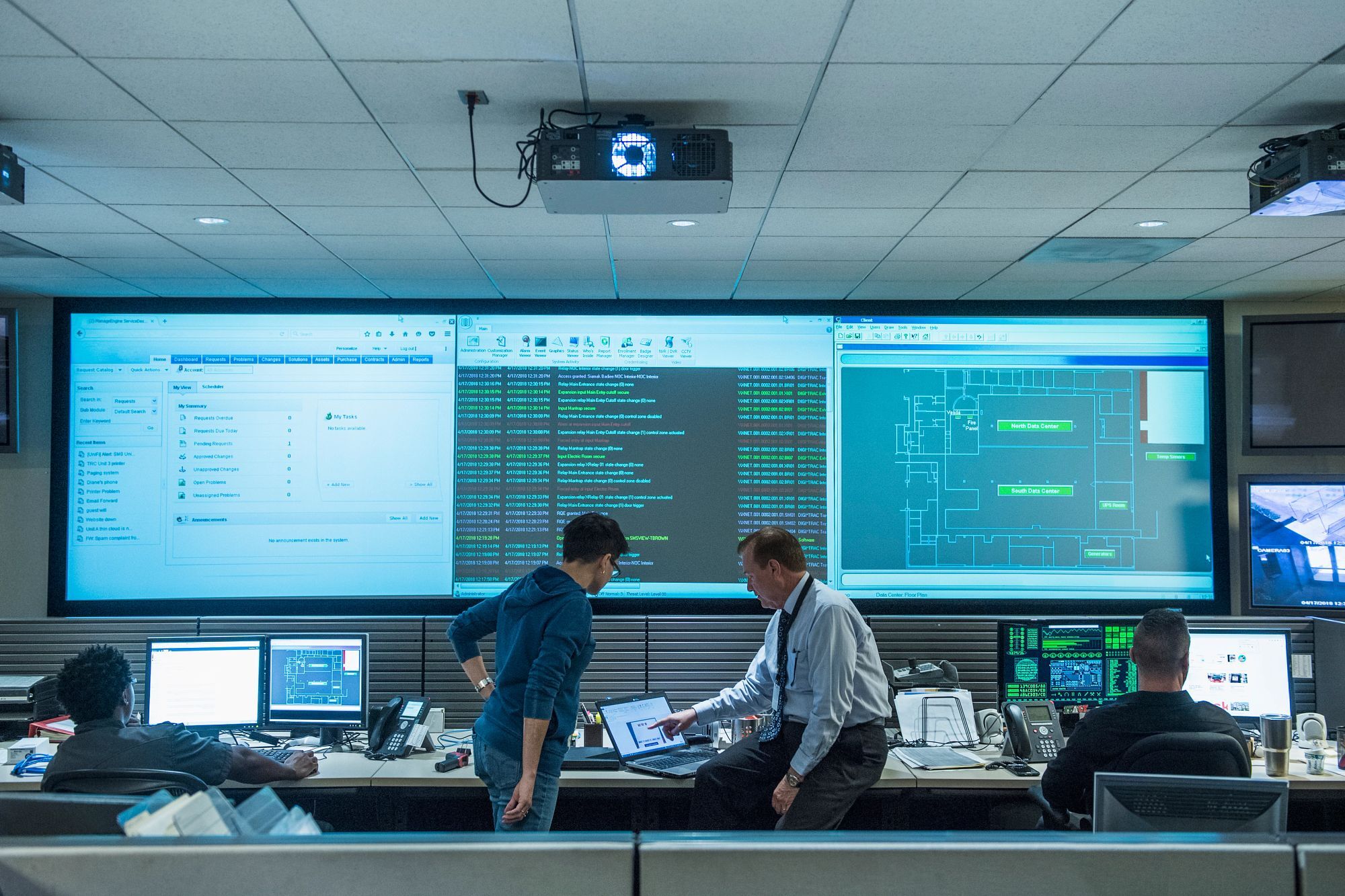Understanding The Full Scope of DPAS Orders

Communicating effectively with customers is an important part of a Quality Management System (QMS). So important, in fact, that AS9100 has a section—sub-clause 8.2.1— that provides a list of what aspects should be included in this communication:
- Information about the products and services provided
- Management of enquiries, contracts and orders, including amendments
- Handling of customer feedback relating to products and services provided, including complaints
- Management of customer property
- Specific requirements for contingency actions, when relevant.
While the first three points are essentially the same as for ISO 9001:2008 (sub-clause 7.2.3 - Customer communication), the last two—management of customer property and specific requirements for contingency actions when relevant—are unique to AS9100.
It’s worth noting that this clause appears before those addressing the determination and review of requirements, which demonstrates the importance of communicating with the customer before determining what the organization intends to offer.
The communication of relevant contingency actions is particularly important for DPAS orders. Too often, organizations accept them without understanding their full scope. Similarly, auditors need to understand the DPAS requirements to facilitate a proper audit of the Contract Review process.
Let’s try to bring some clarity.
What is DPAS?
The Defense Priorities & Allocations System (DPAS) was brought about by the Defense Production Act of 1950, which allows the President to require preferential treatment for national defense programs. This preferential treatment is administered with a rating system that prioritizes work across facilities, when deemed necessary.
All prime contracts, subcontracts or purchase orders in support of an authorized program are given a priority rating of either DX or DO:
- A DX rating indicates the highest national priority. DX-rated orders are approved by the Secretary of Defense.
- A DO rating has a lower priority, but it’s still considered important for national security. DO-rated orders are approved by the Under Secretary of Defense.
- An unrated order is a commercial order or a DoD (Department of Defense) order that doesn’t qualify for DPAS ratings.
Each order’s rating must be flowed down to suppliers and be visible on all purchase orders. Often, a rating is combined with a program identifier—for example, DO-A1, where A1 indicates Aircraft— though this identifier does not influence the priority level.
Prioritizing, rejecting, and accepting rated orders
Prioritizing rated orders follows these rules:
- DX-rated orders take priority over both DO-rated and unrated orders.
- DO-rated orders take priority over unrated orders.
- For orders with the same rating, priority mut be given to the order placed earliest.
Based on these guidelines, contractors receiving DPAS-rated orders must:
- Accept and fulfill all rated orders, regardless of any other rated or unrated orders that have been accepted.
- Schedule operations to meet delivery requirements, which may include acquiring necessary production items and rescheduling existing orders, if they conflict with higher-priority rated orders.
- Ensure that DPAS requirements are flowed down to all sub-tier suppliers within the supply chain.
- Be thoroughly familiar and comply with DPAS regulations.
Rejecting rated orders
A person that receives a rated order for delivery on a specific date may not accept if they’re unable to meet that date. However:
- A rated order cannot be rejected solely due to previously accepted unrated or lower-rated orders. The priority of the new rated order must be considered.
- A DO-rated order cannot be accepted if its delivery date conflicts with that of a previously accepted DO or DX-rated order.
- If a contractor cannot fulfill all rated orders of equal priority received on the same day, they must accept only those orders they can fill based on the earliest delivery dates and reject the others.
- If there are valid conditions to reject an order, the person must inform the customer of the earliest feasible delivery date and offer to accept the order on the basis of that date.
Other important contract review notes
In addition to DPAS flow-down requirements, there are other critical clauses, such as quality assurance and Statements of Work (SOWs), that must be properly flowed down to suppliers and internal teams. Here are a few considerations:
- Not every requirement applies to all situations. For example, raw material certifications would not be a required flow down to a supplier who is performing non-destructive testing (NDT) only.
- When SOWs are included as part of the contract, their specific flow down requirements—in particular key characteristics and special processes—should be reviewed by the audit team.
- Whenever there are customer requirements that may seem confusing or unclear, it is the supplier’s responsibility to clarify (and subsequently resolve) any doubts before committing to supplying a product. A best practice is to ensure that all clarifications are obtained in writing.
AS 9100 Series Aerospace Management Systems Certification
How NSF Can Help You
Get in touch to find out how we can help you and your business thrive.

What’s New with NSF

NSF Granted Reauthorization as a CMMC Third-Party Assessment Organization
January 8, 2025
Sustainable Foods Summit 2025
January 2, 2025
NSF Celebrates 50 Years of the Safe Drinking Water Act
December 16, 2024